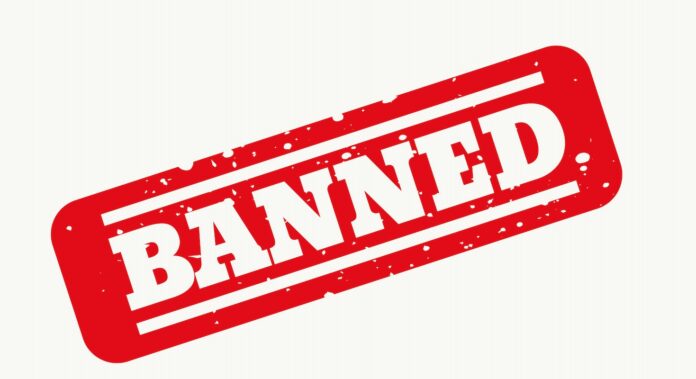Main UK supplier has already withdrawn production process.
A European ban on a type of chrome often used to make saddlery hardware such as saddle nails and cantle badges comes into effect this month (September).
The outlawing of hexavalent chrome under EU legislation will affect UK exports to Europe. It will not hit sales within the UK - although a replica ruling here cannot be ruled out.
California is to implement a similar ban in around two years’ time, with other US states thought likely to follow.
Hexavalent chrome, the process by which some chrome finished products are made, is now widely believed to pose carcinogenic risks.
However, the UK’s main supplier to the saddlery trade stopped using the production method more than two years ago.
Manufacturer switches production
IDX Ltd makes saddle nails, saddle cantle plates, bridle badges and alike – often to bespoke designs for leading manufacturers – at its Walsall factory. The company exports to 28 countries across four continents.
Mindful of the upcoming ban, IDX withdrew hexavalent chrome from its production processes more than two years ago. Instead, the company uses trivalent chrome across its entire production.
Paul Hadley of IDX told ETN that retail and wholesale buyers of saddlery hardware, from bench saddlers to big manufacturers, need to be aware of the ban – especially if they export to Europe.
“Many in the trade are not aware of the ban, but knowing the facts could save a lot of frustration – and expense – for some people,” he said.
Know your chrome
Hexavalent chrome is also known as chrome 6, and trivalent chrome as chrome 3.
But it’s impossible to tell by eye if a product is finished with hexavalent chrome or ‘safe’ trivalent chrome.
So, what is Paul’s advice to buyers of chrome finished saddlery accessories?
“If it’s a shiny, silvery colour, you need to go to your hardware supplier and find out what it is. Ask what type of chrome,” says Paul.
“At IDX, we send our products to a [UK] plating factory as part of our manufacturing process.
“In this industry, we work with technical data sheets from our plating supplier. These tell us exactly processes are used and what chemicals involved.”
An advantage of the EU ban on hexavalent chrome, he added, is that it will “expose people that are passing off cheap imports as being UK manufactured.”
Nickel works well
Thanks to IDX’s prompt transition to trivalent chrome, and the company’s wide coverage of supply to UK saddlery makers, most British made products should be safe to sell into Europe post hexavalent chrome ban.
But it may still be worth checking with your supplier, says Paul.
Inevitably, trivalent chrome is slightly more expensive to get plated than the outlawed hexavalent chrome. An alternative is to use nickel plate.
“We also offer nickel plate,” Paul adds, “I rather like it. Chrome gives brighter finish but nickel holds a deeper lustre.”
.

















